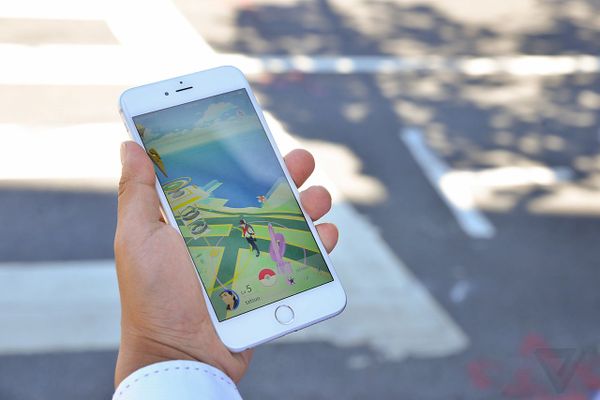Pokémon Go servers under DDoS attack?

This hypothesis sprung on Saturday when Niantic servers suffered severe downtime that affected all game infrastructure, according to news reports.
The game was unavailable for several hours, much to the disappointment of the its over 10 million fans. Some took to Reddit and Twitter to express their frustration.
Who is behind the presumed attack?
Two hacking groups have claimed responsibility: OurMine and PoodleCorp.
OurMine is known for hacking the Twitter accounts of tech leaders and celebrities. In recent weeks, the group has gained access to the accounts of Sundar Pichai and Jack Dorsey by breaking into linked accounts (Quora and Vine) and using those accounts to post to Twitter.
OurMine tried to prove that it was behind the attack on Pokemon Go by notifying TechCrunch before the attack started.
Yet this isn”t the only group taking credit for the server crash. PoodleCorp tweeted about it, too. This is the same collective that claimed responsibility for a series of hacks on YouTube personalities” accounts last month.
The most plausible explanation comes with the flood of new gamers, as Pokemon Go was released in in 26 countries just before the crash: Austria, Belgium, Bulgaria, Croatia, Cyprus, Czech Republic, Denmark, Estonia, Finland, Greece, Greenland, Hungary, Iceland, Ireland, Latvia, Lithuania, Luxembourg, Malta, Netherlands, Norway, Poland, Romania, Slovakia, Slovenia, Sweden and Switzerland.
“Our servers are humbled by your incredible response,” read the augmented reality game”s opening screen earlier in the day, announcing the temporary lapse in service.
The company later announced on Twitter that it addressed the server issue.
These aren”t the only issues surrounding the Pokemon Go phenomenon. Three fake apps were found on Google Play. Two were delivering ads and scareware (malicious computer programs designed to trick a user into buying and downloading unnecessary and potentially dangerous software, such as fake antivirus protection), while a third app was locking screens of devices immediately after being installed.
Screen lockers are the predecessors of mobile ransomware. Before file-encrypting ransomware, Android devices were under threat of PIN lockers, a type of ransomware that changed the device”s PIN lock and demanded money to unlock it.
So, stay aware of your surroundings and your privacy, and don”t fall for fake apps that promise cheating tips to become the ultimate trainer!
tags
Author
Alexandra started writing about IT at the dawn of the decade - when an iPad was an eye-injury patch, we were minus Google+ and we all had Jobs.
View all postsRight now Top posts
How to Protect Your WhatsApp from Hackers and Scammers – 8 Key Settings and Best Practices
April 03, 2025
Outpacing Cyberthreats: Bitdefender Together with Scuderia Ferrari HP in 2025
March 12, 2025
Streamjacking Scams On YouTube Leverage CS2 Pro Player Championships to Defraud Gamers
February 20, 2025
How to Identify and Protect Yourself from Gaming Laptop Scams
February 11, 2025
FOLLOW US ON SOCIAL MEDIA
You might also like
Bookmarks













